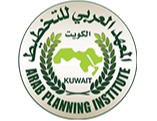Highlights

On the ground in Gaza
Hostilities in the Gaza Strip have caused catastrophic levels of acute food insecurity.

Tenders
FAO Regional Office for Near East and North Africa
Events
29/ 7
2024
31/7
2024
First Annual Meeting of The Arab Forum for Rural Advisory Services (AFRAS)
Virtual Event, 29/07/2024 - 31/07/2024
The Arab Forum for Rural Advisory Services (AFRAS), the first of its kind community of experts, champions, policy makers and practitioners from different sectors committed to advancing extension and Rural Advisory Services (RAS) across the Near East and North Africa (NENA) region, was officially launched on 8 Februa...
Regional Priorities
Action Areas
Stories
Blogs
Publications

Date palm cultivation
2024
his publication, which was produced within the framework of the Date Production Support Programme In Namibia, updates and complements technical Information Included In earlier FAQ publications: Dates: handling, processing and packaging (1962) and Date production and protection (1982).
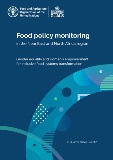
Food policy monitoring in the Near East and North Africa region. 1st Quarter 2024 | Bulletin
2024
Global food prices have continued their downward trend in recent months, falling back almost a third from their peak in 2022 by February 2024. International wheat and corn prices have also eased, though they still remain above their pre-COVID levels; however, international rice prices have been climbing to new heights recently.
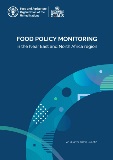
Food policy monitoring in the Near East and North Africa region. 4th Quarter 2023 | Bulletin
2024
Global food prices have continued to drop at a slower pace in recent months; however, they are still well above the price levels observed in 2020. Commodity prices are set to fall gradually in 2024 and stabilize in 2025.
Multimedia
Water Productivity Enhancement: Kafr El-Sheikh Farmer Filed School
05/06/2024
As part of the project to enhance water unit productivity in agriculture in Upper Egypt and the Nile Delta, launched by the Food and Agriculture Organization...
Soha & Fatma: Success Story as FFS Facilitators with Japanese project to enhance water productivity
19/06/2024
This video is highlighting the success story of two women facilitators of Farmer Field School at a village in Minya Governorate, Soha and Fatma, under...
FAO rehabilitates irrigation networks in Hama to support 10 000 farmers
18/06/2024
More than 10 000 farmers in southern Hama, Syrian Arab Republic, will expect a sustainable flow of water to their lands after FAO has completed rehabilitation...
Useful links
- ARAB FORUM FOR RURAL ADVISORY SERVICES (AFRAS)
- Food Price Monitoring and Analysis Tool for FAO RNE
- FAO at COP28
- inter-Regional Technical Platform on Water Scarcity (iRTP-WS)
- Food Loss and Waste Reduction in the Near East and North Africa
- One Country One Priority Product (OCOP)

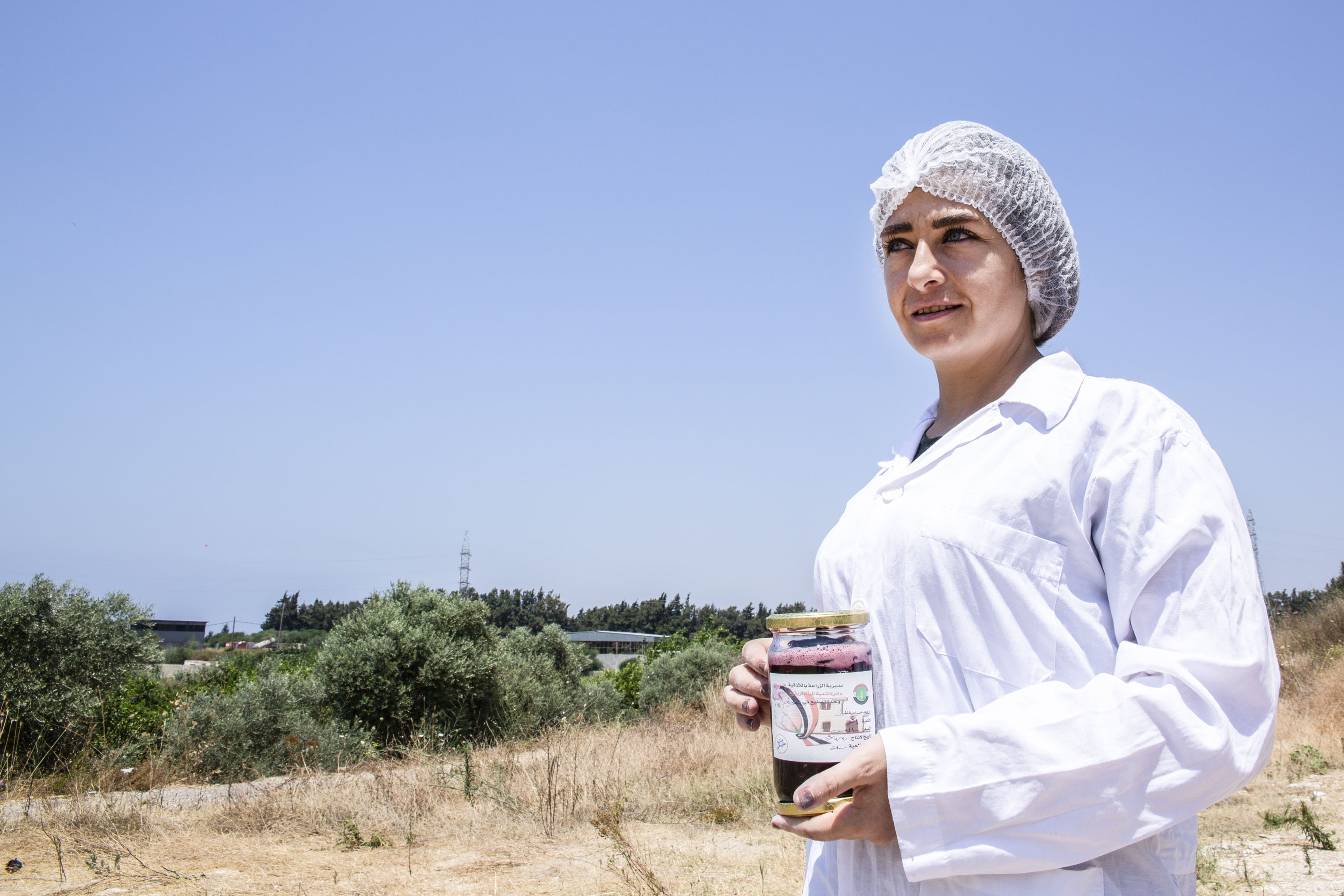















-1.tmb-th600x400.jpg?Culture=en&sfvrsn=4c43e308_1)
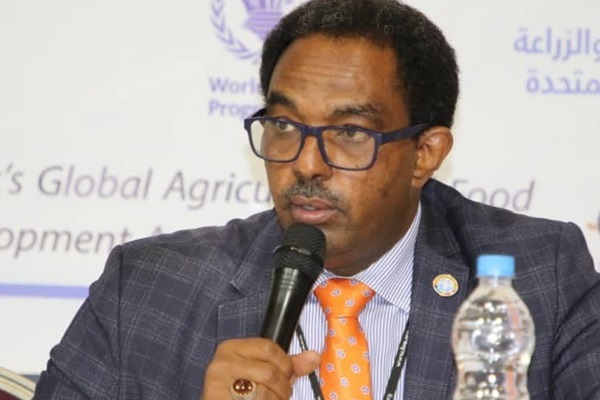
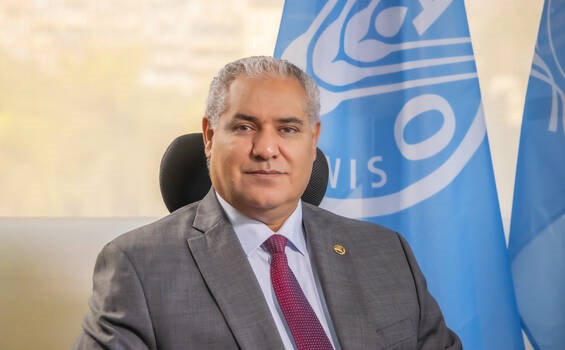
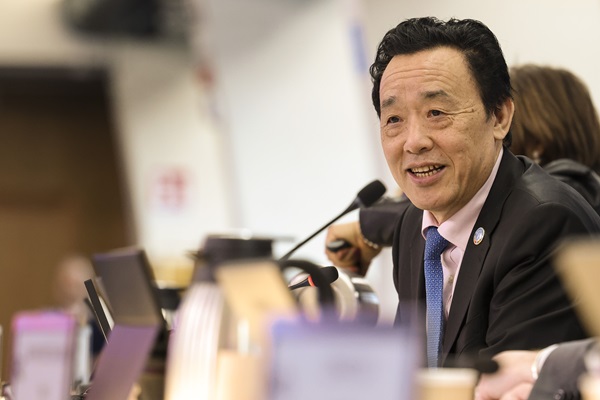
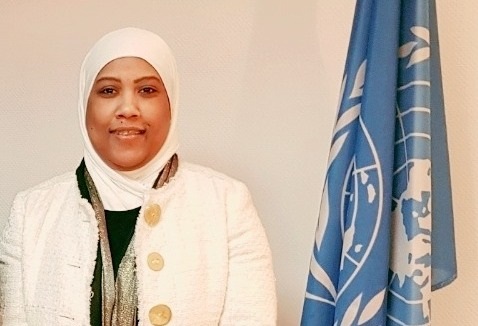

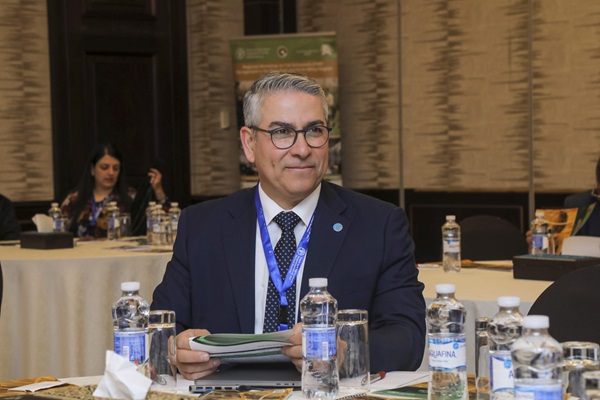
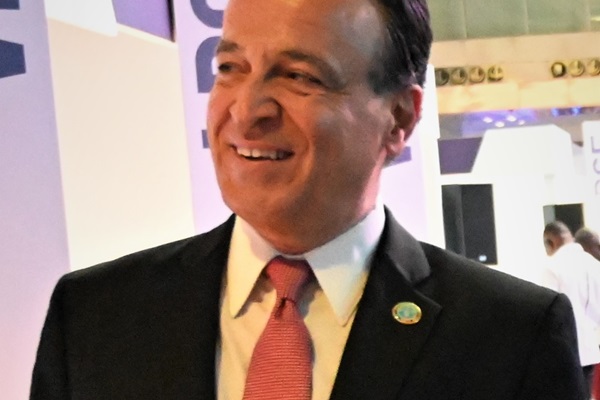
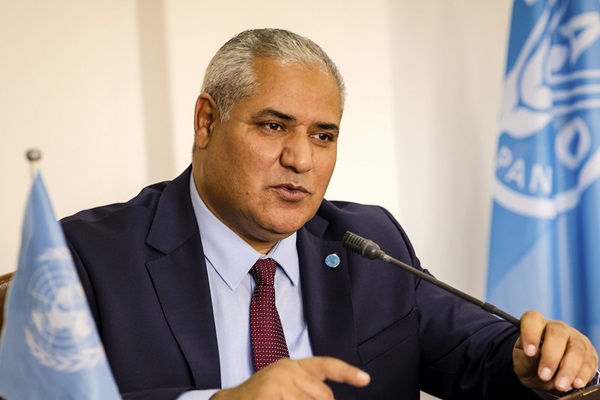
.tmb-th600x400.png?Culture=en&sfvrsn=9bf9c3d6_4)

.tmb-th600x400.png?Culture=en&sfvrsn=88e9f5ea_2)
.tmb-th600x400.png?Culture=en&sfvrsn=a398d3ff_1)
.tmb-th600x400.png?Culture=en&sfvrsn=a8ad9034_1)
.tmb-th600x400.png?Culture=en&sfvrsn=dfbaa9f2_1)
.tmb-th600x400.png?Culture=en&sfvrsn=4eb83e5b_1)
.tmb-th600x400.png?Culture=en&sfvrsn=b68ea809_2)
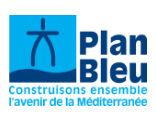
.tmb-th600x400.png?Culture=en&sfvrsn=26bd6c6b_1)
.tmb-th600x400.png?Culture=en&sfvrsn=2b881a9b_1)
.tmb-th600x400.png?Culture=en&sfvrsn=ae3a73a3_1)
.tmb-th600x400.png?Culture=en&sfvrsn=5fad0e0e_1)
.tmb-th600x400.png?Culture=en&sfvrsn=adacc503_1)

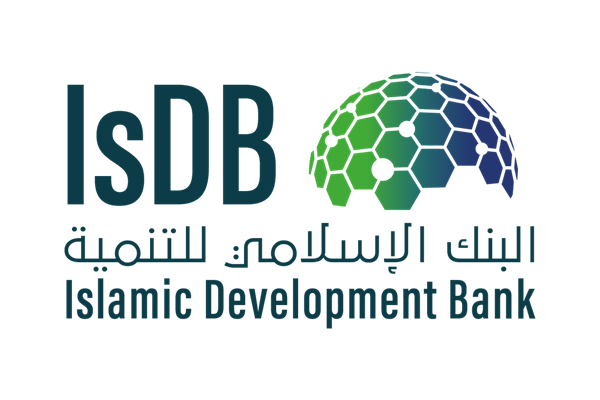
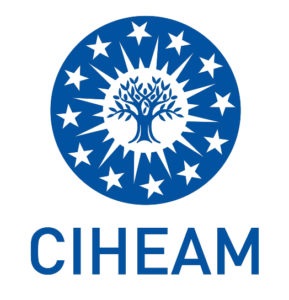
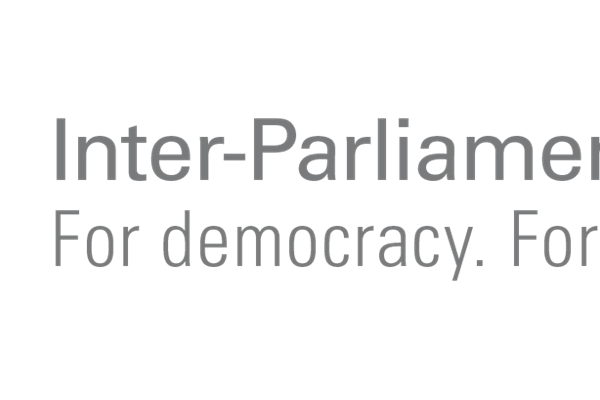
.tmb-th600x400.png?Culture=en&sfvrsn=8bd62a66_1)

.tmb-th600x400.jpg?Culture=en&sfvrsn=b35f01d6_1)
